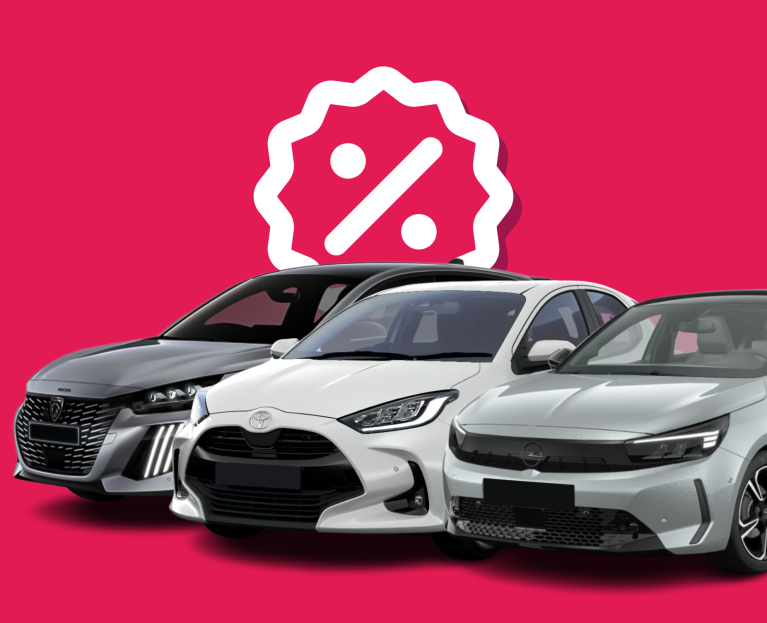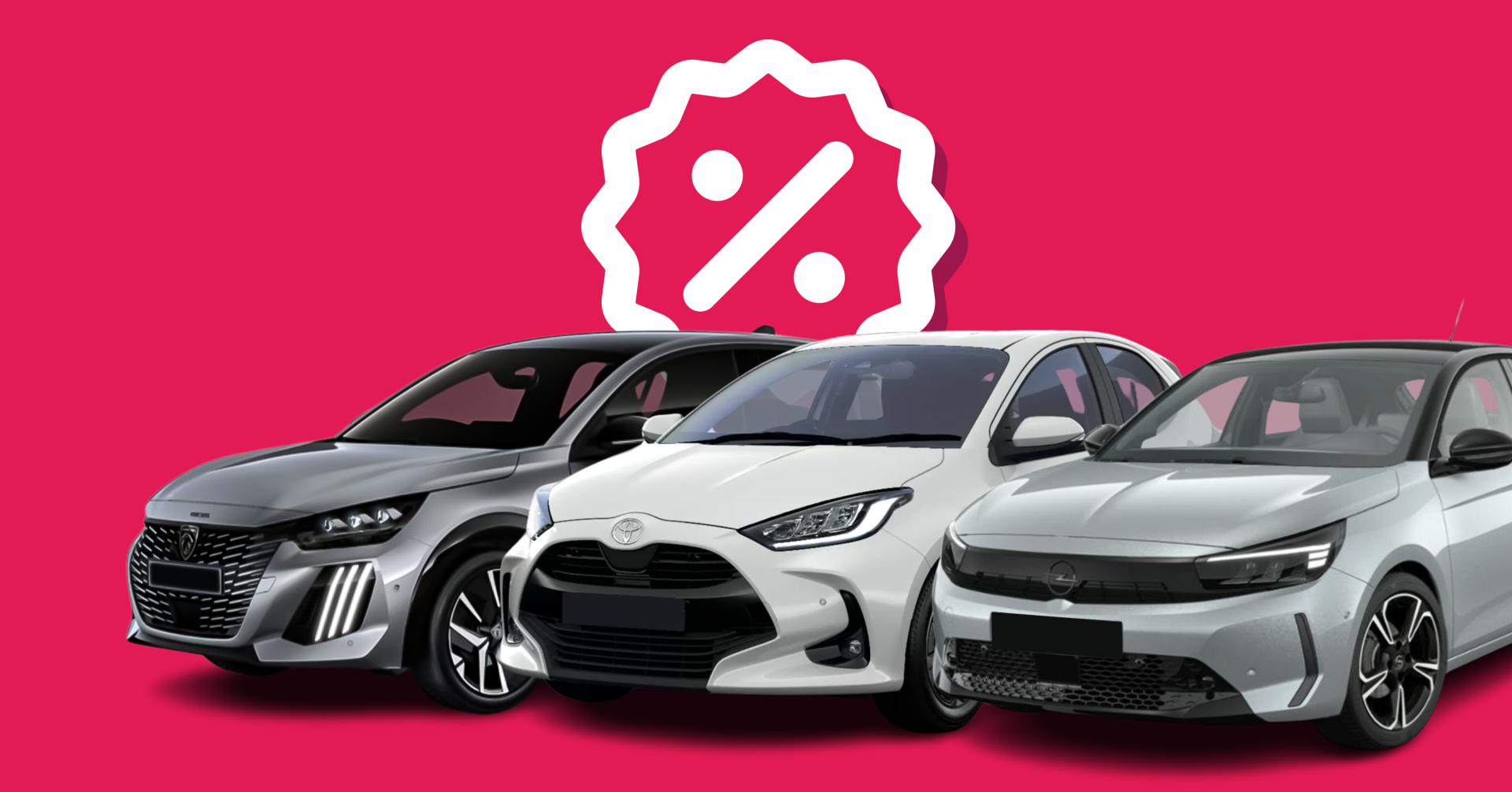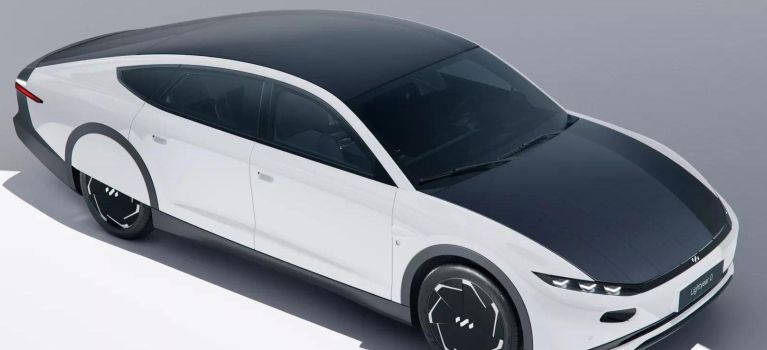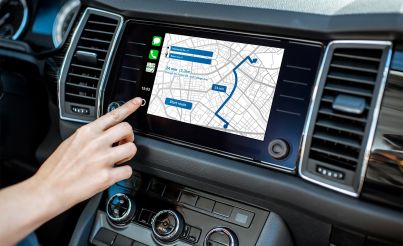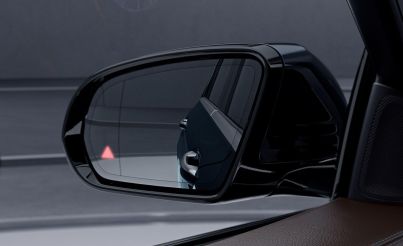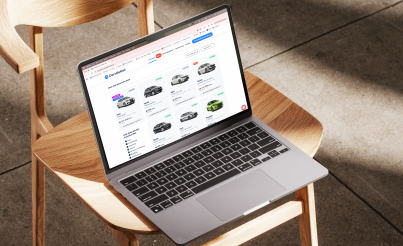It has been announced for November 2022, the market launch of the first solar vehicle. The Lightyear 0 is equipped with curved solar cells that charge it - whether while driving, or simply while parked outside. The car does not have a battery. But is the concept really suitable for the masses?
It is obvious that the trend in the automobile industry is moving further and further away from classic combustion engines towards alternative forms of propulsion. More and more electric cars are coming onto the market, and vehicles powered by hydrogen or rapeseed oil are no longer a rarity. And the vision of a car powered by solar energy is soon to grow beyond prototype status.
Solar car available from November
The Dutch company Lightyear has announced that it will start manufacturing the world's first series-produced car with solar cells in autumn. The Lightyear 0 model will be available for order from November. Lightyear estimates that the car can achieve a range of 70 km per day under optimal conditions. This means that drivers with a daily commute of 35 km could drive for months in summer without having to plug in. The catch: the luxury vehicle is said to cost 150,000 euros. The manufacturer itself claims that in a hot country like Spain or Portugal, you won't need to plug in for up to seven months if your daily commute is less than 35 km. In a cloudier climate, like Switzerland, the car would need to be recharged after two months. In winter, of course, such results are not achievable.
More solar cars available in the future
Lightyear is not the only manufacturer to announce the launch of a vehicle. The brand Sono, from Munich, wants to revolutionise the automobile industry with the Sion mini-van. 250 solar cells are used to generate electricity for the Sion. Fully charged, the range of the Sion should be around 300 kilometres. The solar cells constantly recharge the car. A model from California is also expected to be available soon. The solar vehicle from the start-up Aptera is light, has an aerodynamic body and only three wheels. These design choices alone make it incredibly energy efficient and minimise the frequency with which drivers need to charge the solar car.
Lighter than electric cars
And that's the big advantage of solar vehicles: weight. Currently, most electric cars maximise their mileage by using a battery, which means they can spend less time at charging stations and more time driving. However, these batteries not only increase the cars' carbon footprint during production, but they also add weight and tie them to charging stations. Solar cars get around this problem.
As of now, solar cars are certainly not suitable for the masses. Not yet. Because here, too, a lot is happening in terms of technology. The efficiency of the panels will continue to improve in the future and enable higher ranges and speeds. When that will be remains to be seen, but solar cars could become an interesting alternative in the future. And finally, electric vehicles have also seen a steep development in recent years.
Cars at Carvolution
Is the solar car also something for you? Maybe we'll actually have it in our fleet one day. Then we will contact you first. In the meantime, you can find an overview of our vehicles on subscription here. You don't know exactly what the Carvolution car subscription is? It is the simple, flexible and affordable alternative to buying and leasing. The all-inclusive bundle includes everything about the car, i.e. comprehensive insurance, taxes, cantonal registration and tyres. Thanks to the app, you always have your subscription at hand and at a glance.
Get the Supersavers
Discover new special offer models at unbeatable prices, such as the Toyota Yaris from CHF 239.– for 24 months. More top deals on Fiat, BMW, Opel & Peugeot models.
